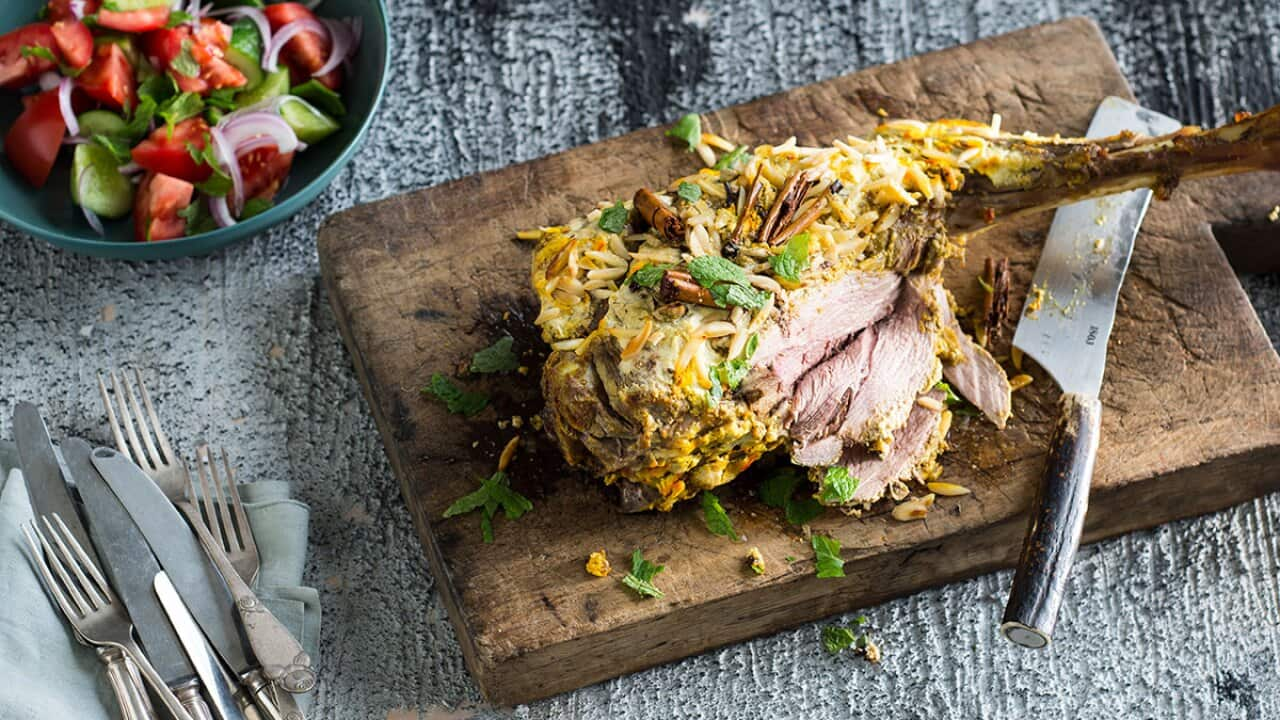There’s nothing like a cup of piping hot tea to warm your cockles on a cool winter’s day. Served black, green or as a lightly caffeinated fruity blend, a good tea can be as rejuvenating as it is comforting.
It’s no wonder then that tea is the second most consumed drink in the world and a cultural cornerstone in many countries, from
But, there’s just one problem. that drinking too much tea if you are already at risk of iron deficiency or maintain a vegan or vegetarian lifestyle.
Yet there are certain foods and drinks with inhibitors and enhancers that affect iron absorption. Tea, especially black tea, is one of them.
Accredited Practising Dietitian, Anika Rouf explains that consuming a lot of tea could deplete your body’s ability to absorb iron from the food you eat if your main iron source is plant-based or you have a health issue that is impacting your iron levels.
“There would be a lot of people who wouldn’t be aware that tea may be impacting their iron absorption and iron levels,” Rouf, who is also a PhD candidate at University of Sydney, tells SBS.
“Yet there are certain foods and drinks with inhibitors that affect iron absorption. Tea, especially black tea, is one of them.
“Drinks like herbal tea, green tea and coffee can also decrease iron absorption. But black tea has been shown to have more of an effect [on our iron absorption] than herbal tea.” Rouf says black tea is one of the biggest culprits because it contains a higher amount of polyphenols, which can affect iron absorption.
Rouf says black tea is one of the biggest culprits because it contains a higher amount of polyphenols, which can affect iron absorption.

When you drink tea may affect whether it will impact your iron absorption. Pictured: Hong Kong-style tea. Source: Instagram
“[This advice] is mostly important for teenage girls and women because they need iron through their period. that around two in every five women aged 14-50 years have an inadequate iron intake.
“People who are vegetarian or vegan may also need to be more cautious than those in the rest of the population [because their main source of iron is non-heme iron which the body does not absorb as easily].”
In groups at risk of iron deficiency, the advice should be to drink tea between meals and to wait at least one hour after eating before drinking tea.
shows that people who get enough iron from eating meat, fish and poultry may overcome the inhibiting effects of tea on iron absorption, even if they drink large amounts regularly.
However, people who have low intakes of heme iron – because they don’t eat meat, fish or poultry or have another health issue causing an iron deficiency – could be at risk of reducing their iron absorption by drinking a lot of tea.
The study recommends that if people at risk of iron deficiency increase their heme-iron intake or fortify foods with iron, they can continue to consume large amounts of tea.
It also advises that people change when they drink tea. “In groups at risk of iron deficiency, the advice should be to drink tea between meals and to wait at least one hour after eating before drinking tea,” the study concludes.
The power of vitamin C
The other clever way to still drink loads of tea and not be affected is to consume your cuppa alongside foods rich in vitamin C.
“The good thing is that there are enhancers like vitamin C rich foods, which can increase your iron absorption,” says Rouf.
“So if you have like a salad that has lots of greens and capsicums, and then you drink black tea straight after or along side your lunch, it is going to have a [balancing] effect on iron absorption.”
Rouf says that in general, most people should avoid drinking any more than five-to-six cups of black tea because of the side-affects associated with caffeine consumption.
She adds that anyone who is worried about their iron levels or tea consumption should have their iron levels tested by a medical professional.






